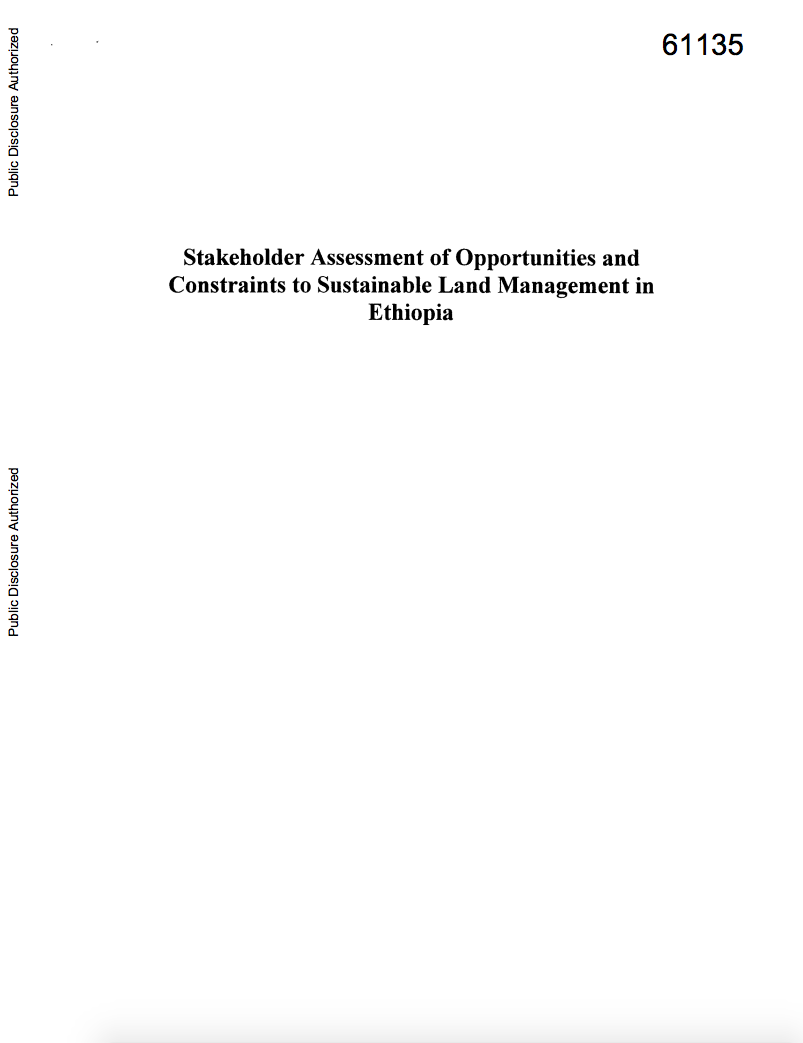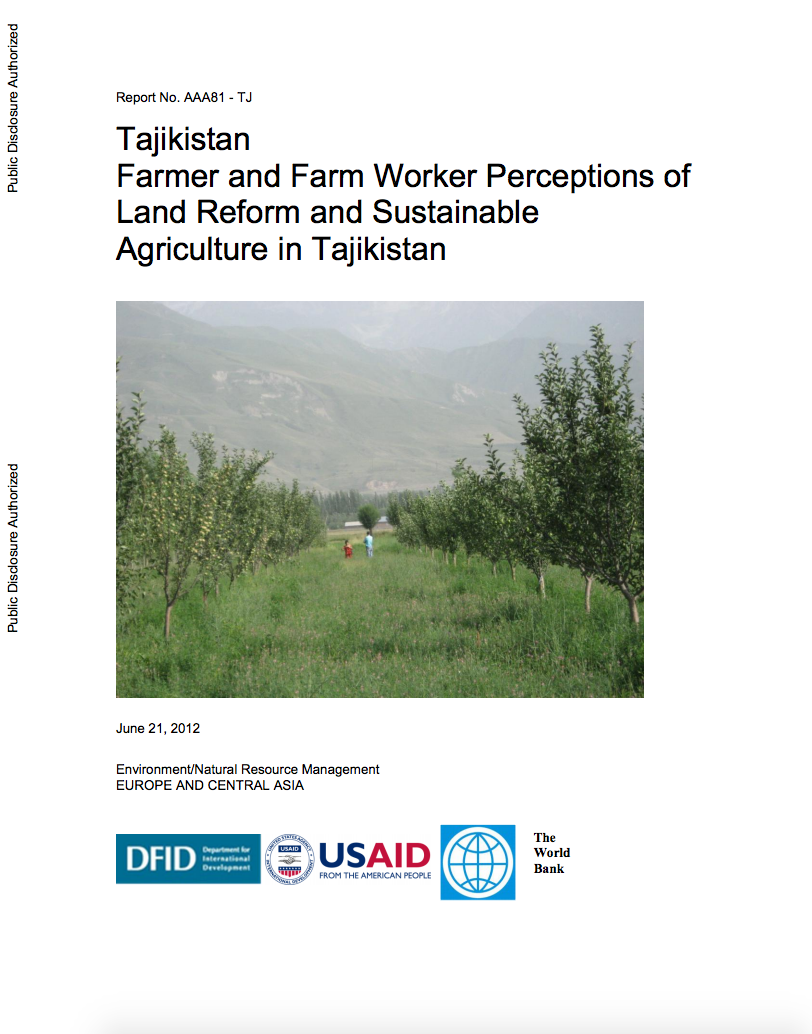Promoting Land Rights in Vietnam: A Multi-sector Advocacy Coalition Approach
Land rights have become highly contested in Vietnam in recent years. Vietnam‟s land endowment is one of the lowest in the world: each agricultural household holds, on average, less than 0.5 hectare. Access to land is critical to social and economic development in the future. The national priority on “industrialization and modernization” has placed new demands on agricultural and forest land for urban-industrial expansion. The high level of public concern over land tenure and its links to political and social stability have led to widespread calls for revision of the 2003 Land Law.





